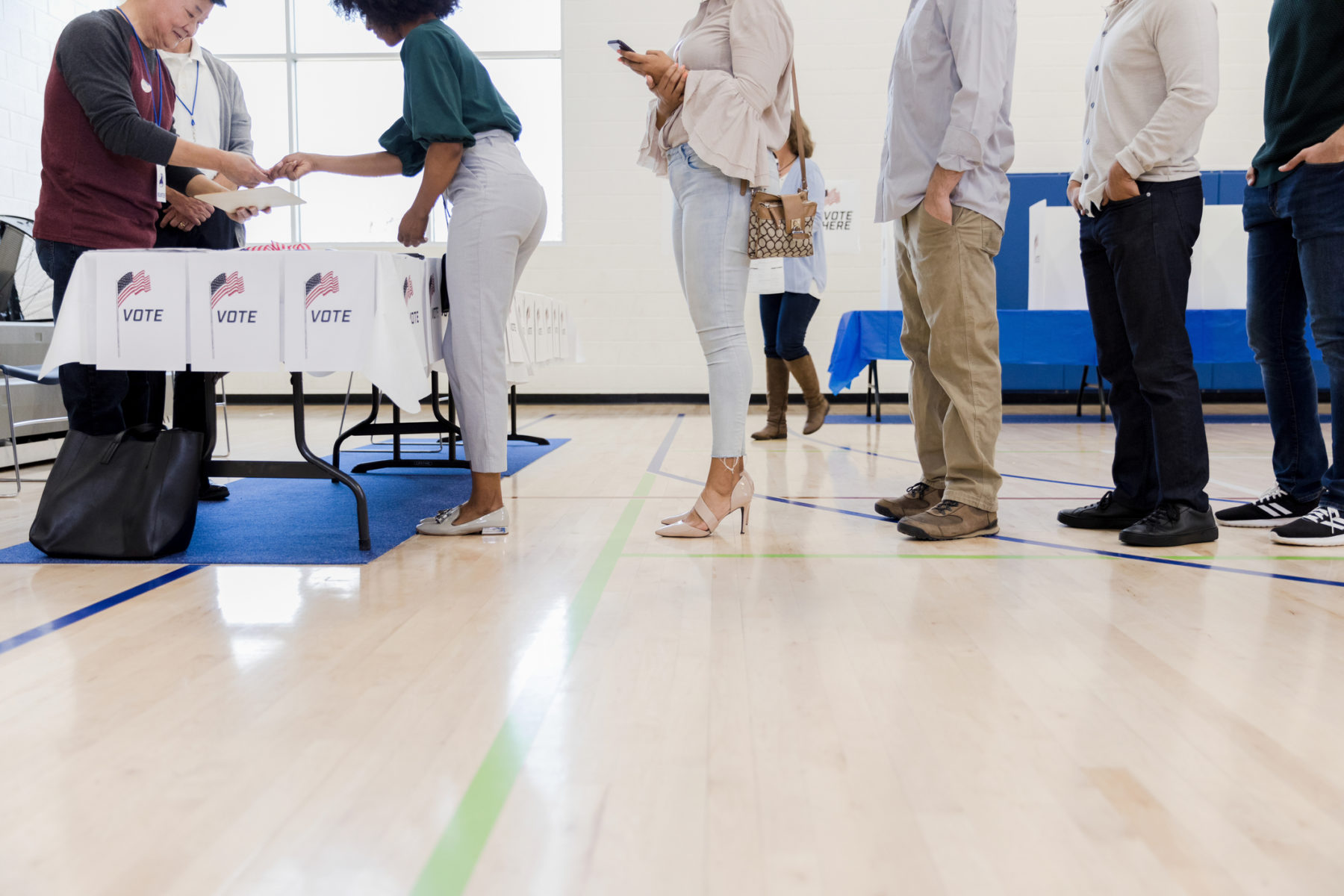South Carolina Democrats Insane Attempt To Block Crossover Voting In 2020 Presidential Primary
Liberal senator looks to impose ‘partisan lock’ on participation in future presidential primary elections …
Democrats in South Carolina are taking it to extremes in the hopes of deterring conservative activis
